Ramadan’s Vibrant Tapestry: Celebrations Across Africa
- by Muhammed Abdulmalik, RNG247
- about 7 months ago
- 166 views
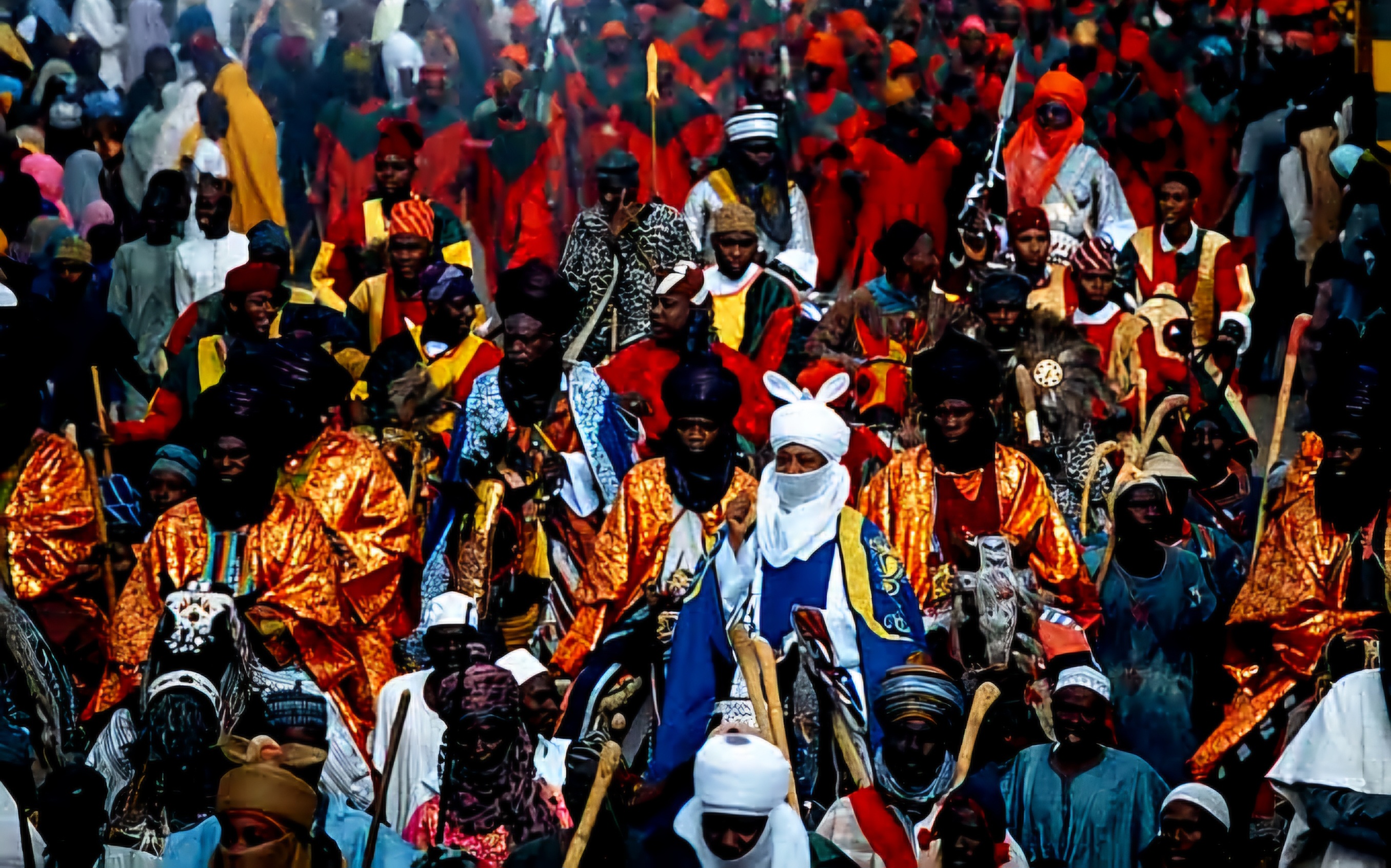
...Horseback parades, moon-sighting ceremonies, and community feasts define the holy month and Eid al-Fitr on the continent.
As the sun sets over Africa, a distinct transformation takes place in towns and cities across the continent—the arrival of Ramadan, a holy month for Muslims that brings with it a profound sense of community, spirituality, and cultural vibrancy. During this time, the contrast between the daytime stillness and the nighttime festivities is striking; patience and generosity replace the usual hustle and bustle, as families gather for prayer, breaking fast, and celebration.
With approximately 40% of Africa's more than 1 billion inhabitants identifying as Muslim, the observance of Ramadan has woven seamlessly into the cultural fabric of various nations, including Senegal, Nigeria, and South Africa. Originating from the Islamic expansion in the seventh century, the faith has taken deep roots, establishing a rich tradition of rituals that celebrate both religious tenets and local customs.
Nigeria: A Festivity of Spirituality and Culture
In Nigeria, Africa's most populous nation, the northern regions are predominantly Muslim and serve as a backdrop for some of the continent's most colorful cultural expressions. The Hausas and Fulanis—major ethnic groups in the north—participate in spiritual activities during Ramadan, spending their days in prayer and Quranic studies.
One of the peninsula’s highlights occurs at the end of Ramadan, where the vibrant Durbar festival takes center stage. These cultural and equestrian events are steeped in history and are marked by a display of traditional attire and horsemanship. The Kano City Durbar parade is among the largest, attracting thousands who gather to witness the emir—akin to a king—ride in a grand procession.
Muhammad Sani Sabo, a dedicated photographer from Kano, has been capturing the essence of these events since 2014. He aims to challenge the narratives that often reduce the north to a mere backdrop of conflict and poverty. "There's more stories to tell about the north," he explains. "I know all the stories, and I believe I can tell them better than anyone from Lagos or abroad."
Senegal: Teraanga and the Spirit of Hospitality
Moving west, Senegal presents a unique view of Ramadan, where an astonishing 97% of the population practices Islam. Here, the culture of Teraanga—translated as generosity and hospitality—thrives. Senegalese tradition dictates that even a simple request for directions can lead to an invitation for dinner, reflecting the communal spirit that prevails during Ramadan.
Photographer Hawo Kane, who captures the essence of daily life in Dakar and beyond, notes the intensified sense of community that emerges during the holy month. “No one is going to go hungry here because everyone has something to share,” she shares, illustrating the deeply ingrained values of generosity and inclusivity in Senegalese culture.
As dusk falls and the call to prayer echoes throughout the streets, the essence of Ramadan permeates the air. Whether it’s the enchanting sounds of horses’ hooves echoing through Kano during the Durbar or the fragrance of communal feasts in Dakar, this month serves as a beautiful reminder of the resilience, faith, and unity that bind Muslims across Africa.
As the moon rises at the end of Ramadan, marking Eid al-Fitr, the celebration of this month-long journey comes to a jubilant culmination—one that reaffirms the principles of charity, family, and spiritual reflection that underpin the Muslim faith across the continent.



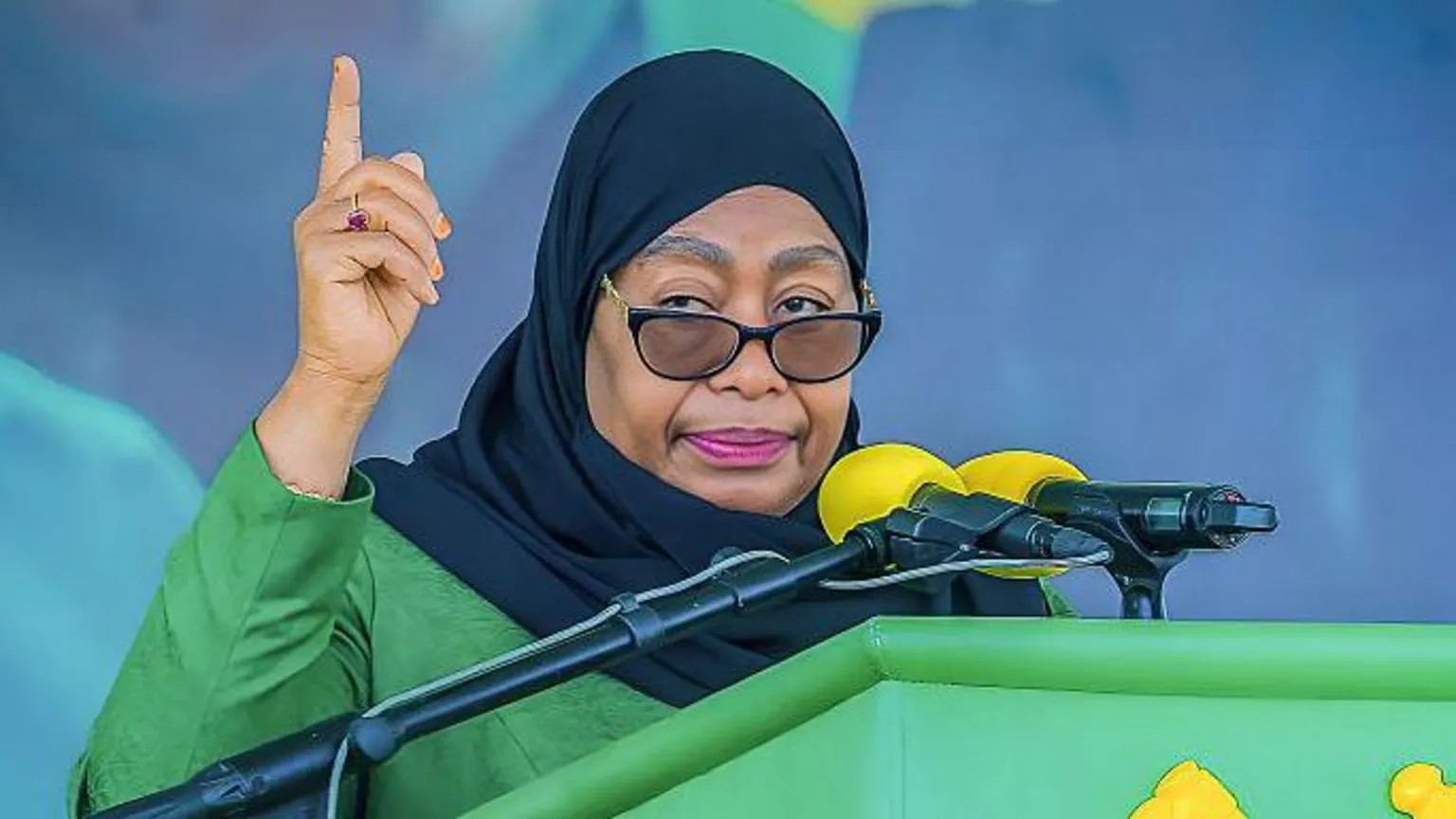
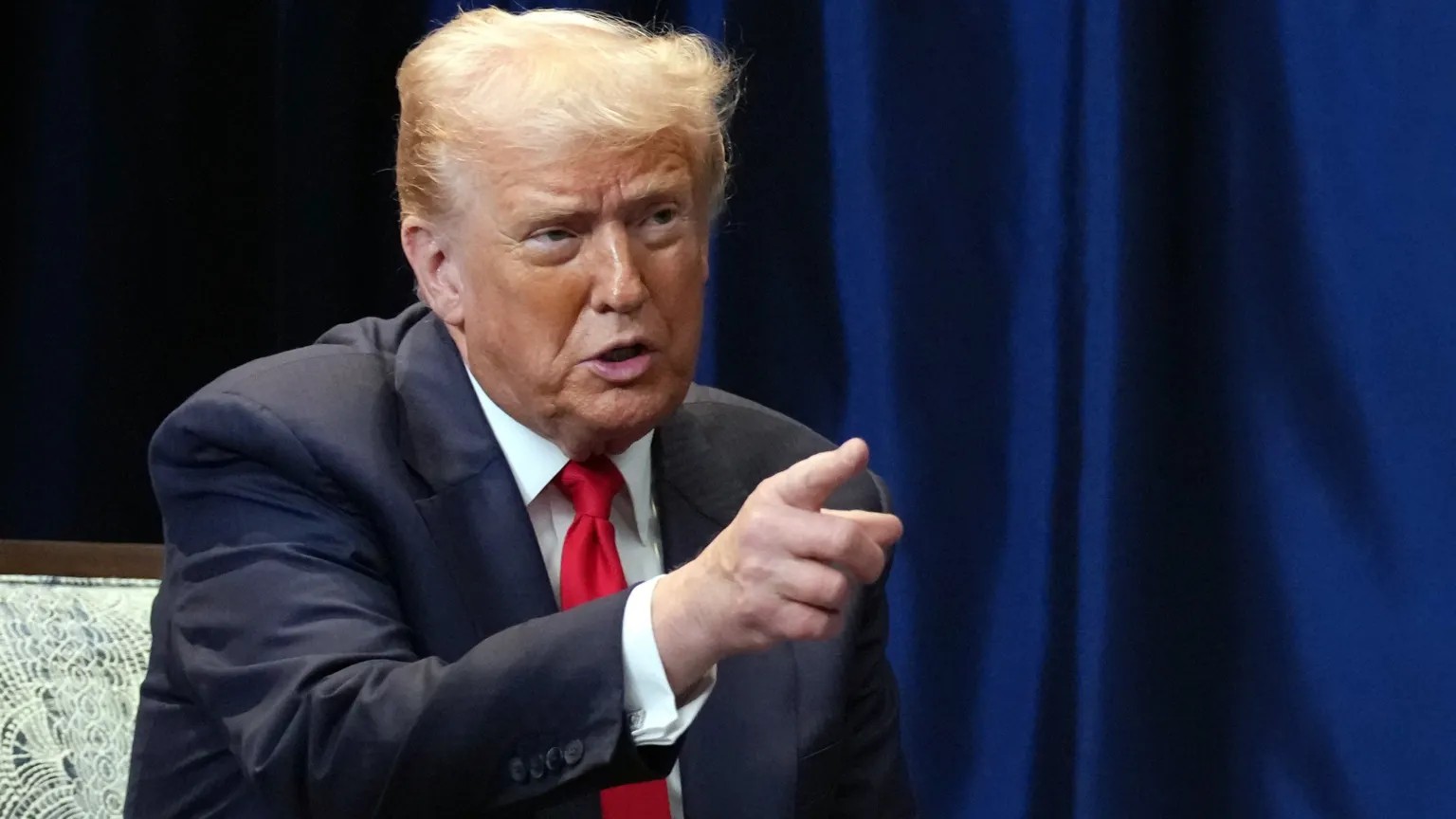
.jpeg)
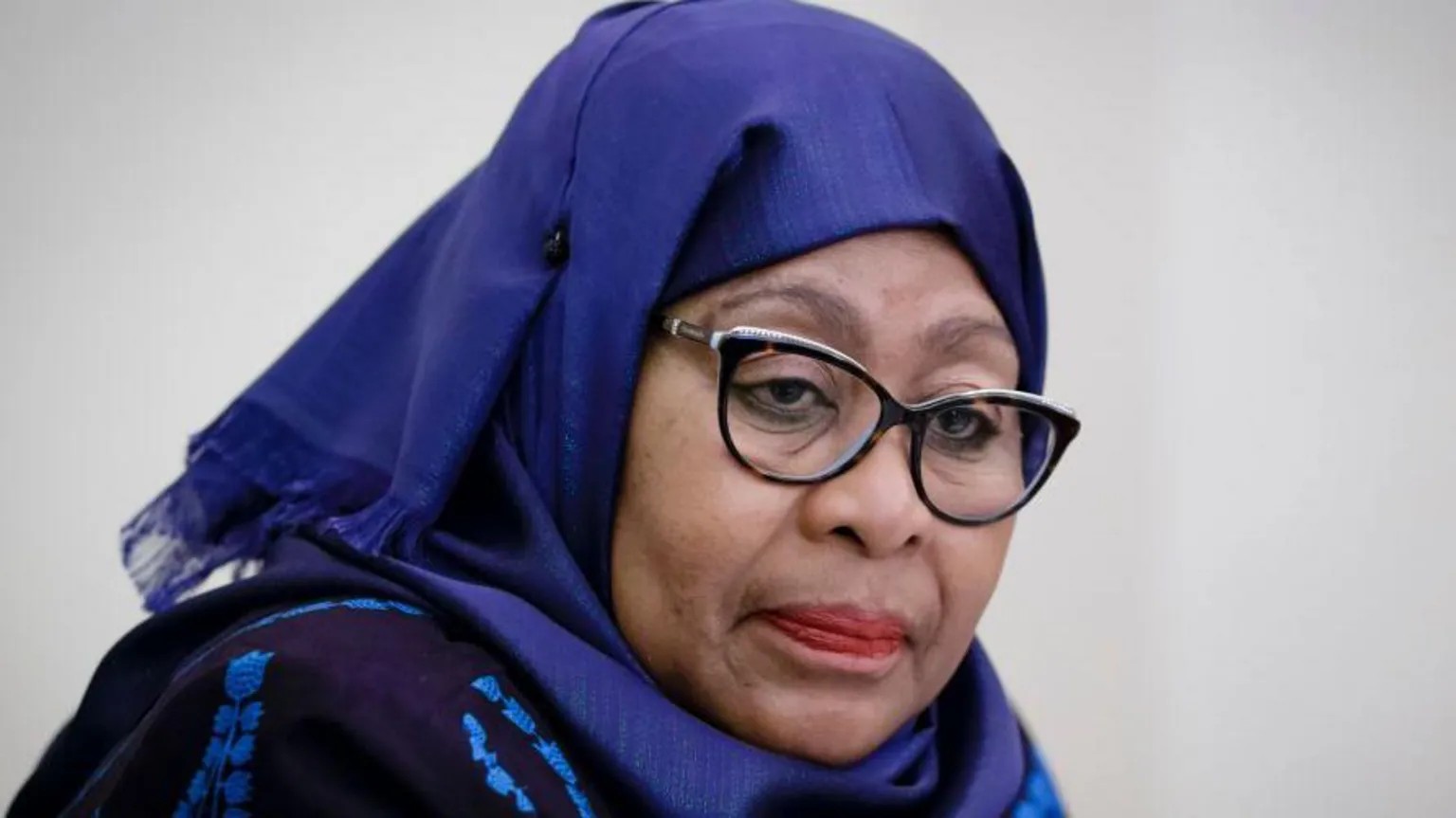
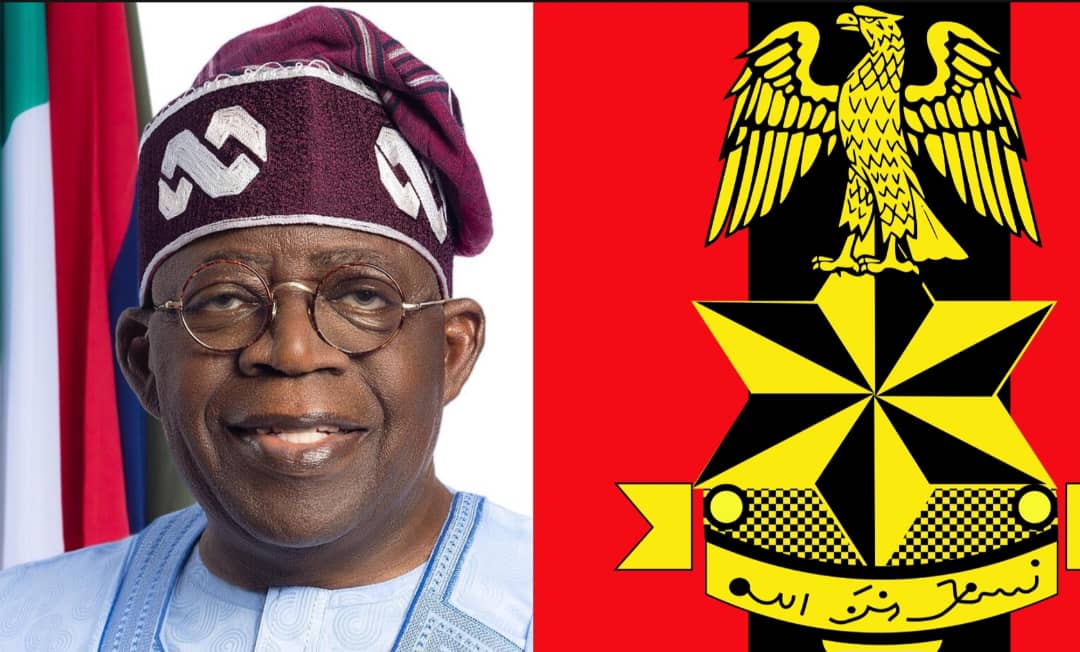
.jpeg)
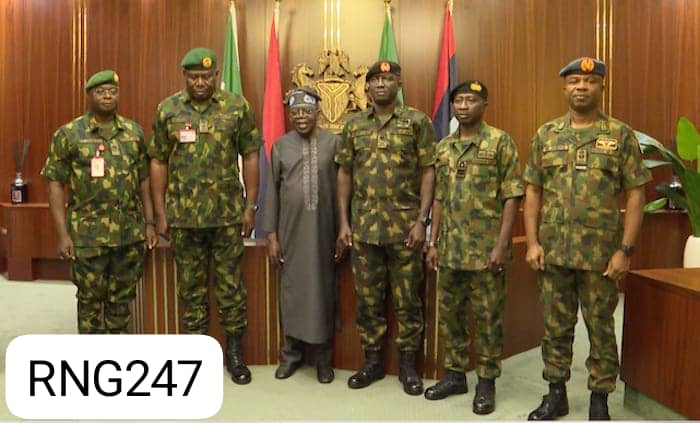
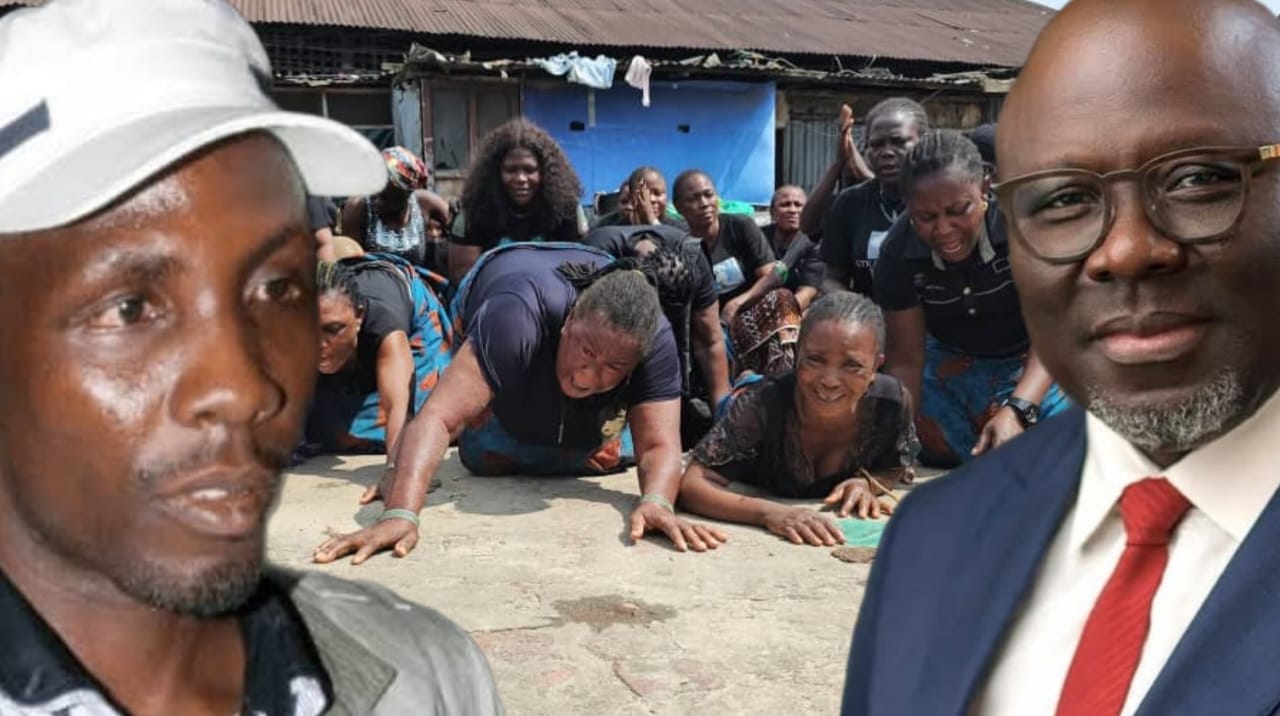
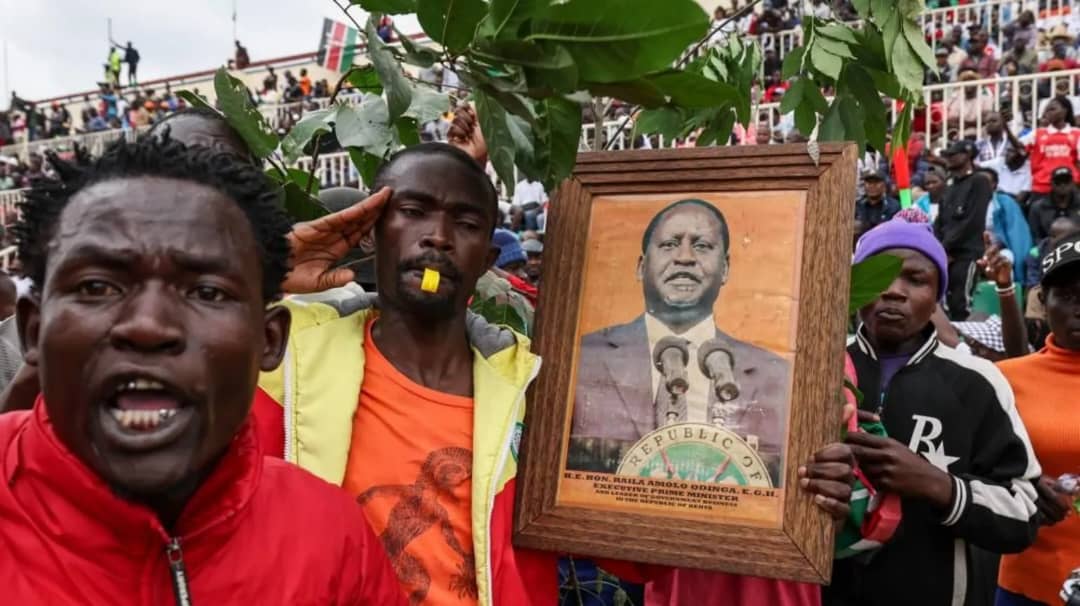
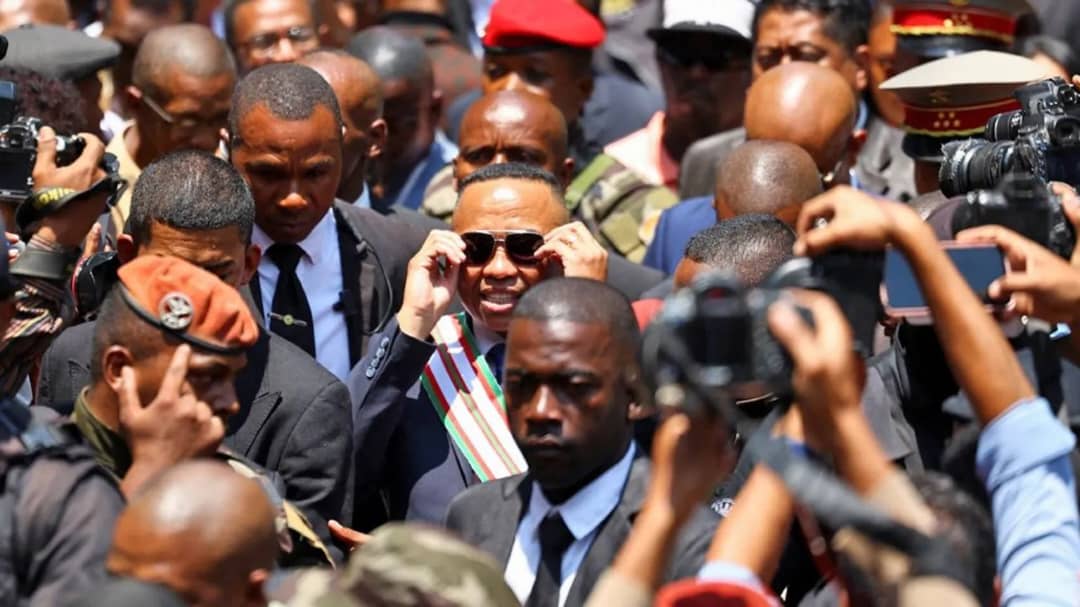
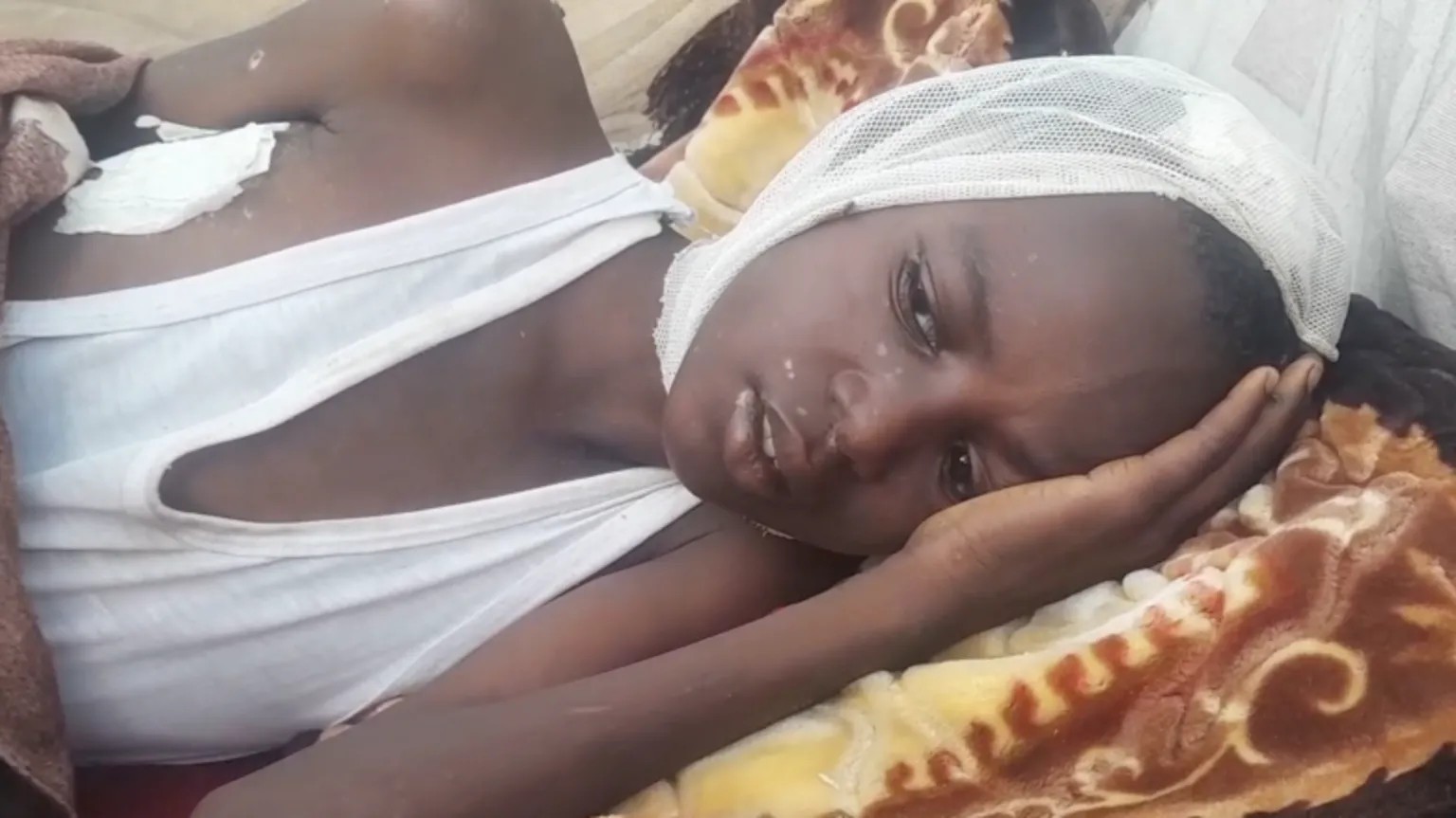
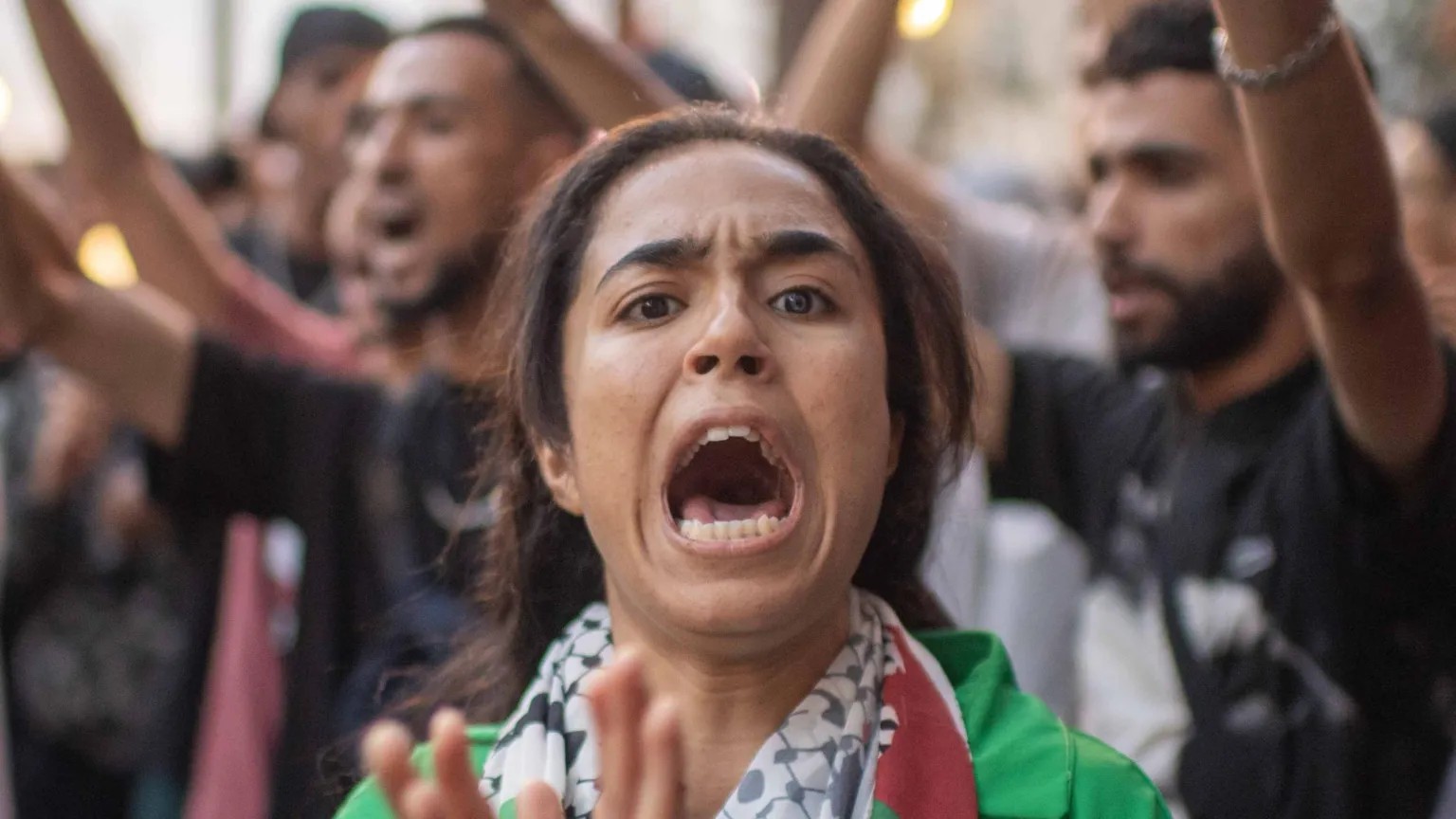

0 Comment(s)